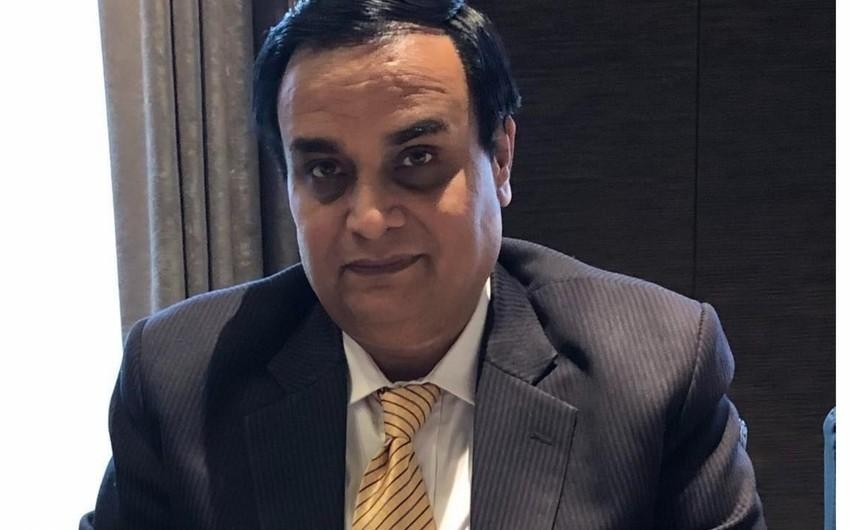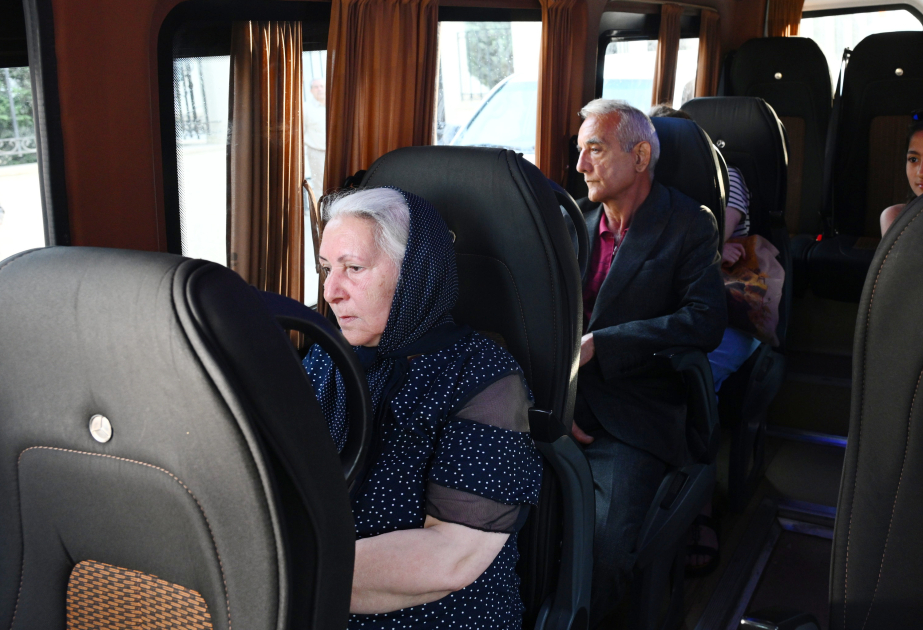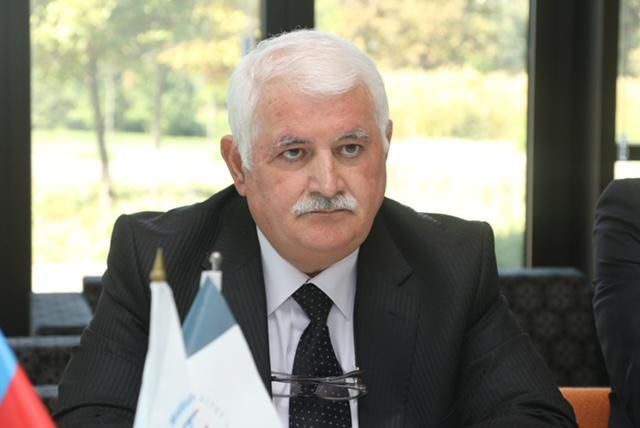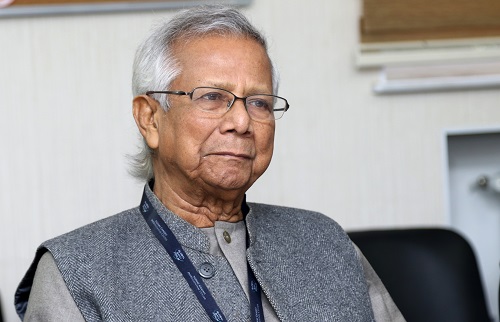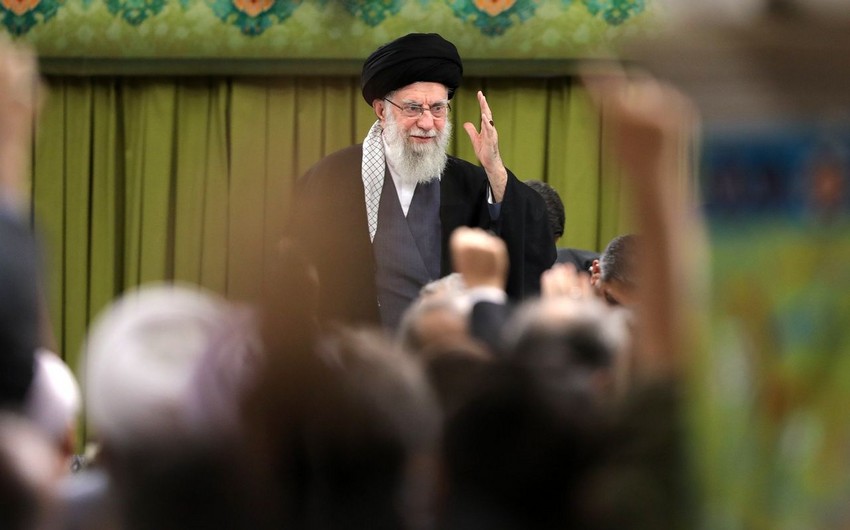Having a special agenda to tarnish Pakistan, Pak-Sino friendship, and of course, the China-Pakistan Economic Corridor (CPEC) the Western media and lobby is once again geared up with a new series of propagating articles and conspiracy theories. The latest edition is Germany’s Deutsche Welle article titled “How Chinese Loans Trapped Pakistan's Economy” written by Haroon Janjua published on August 2, 2024. It seems that it purposefully twisted the facts and tried to establish the CPEC as the mother of all debts, inflicting Pakistan’s economy and repayment capacity. However, reports of the SBP, Finance Ministry, Planning Commission and SECP all negate it.
The timing of this false and fake propaganda is important because Pakistan is going to hold final negotiations with the IMF for a further US$7 billion loan and an interview-based article tried to sabotage it through a sponsored agenda, borrowing wisdom of the national pseudo intellectuals and so-called experts. These western aligned egomaniac quasi-brains have dubbed the CPEC as a debt trap for Pakistan which is totally untrue and based on fallacies, not on facts.
Pakistan's Ministry of Planning, Development and Special Initiatives' "CPEC Secretariat" reaffirmed that the country joined CPEC due to "favorable financing arrangements" and that China has "stepped forward to support Pakistan's development at a time when foreign investment had dried up."
According to the DW, Pakistani Finance Minister Muhammad Aurangzeb and Prime Minister Shehbaz Sharif told a federal cabinet meeting that the government requested to the Chinese government for debt re-profiling which has no concrete documented evidence and correlation, thus conspiracies theories are wandering in the capital like a wild dream of a wolf terrifying the jungle.
Additionally, Azeem Khalid, an expert on Chinese investment in Pakistan, told DW, that the China-funded power plant development has exacerbated Pakistan's economic difficulties. Frankly speaking Pakistan's poor absorption capacity and inability to progress on projects according to schedule is one of the main reasons for its economic meltdown in which the Chinese investments have nothing to do.
The Economic Affairs Division of Pakistan, said that Pakistan's total foreign debt is more than US$120 and Chinese loan accounts for a mere 10 to 11 percent of the total foreign debt, whereas the remaining 89-90 percent is from other sources IMF, Paris Club, and other western organizations.
CPEC-related government loans have an interest rate of only 2 percent instead of the DW high claims of 3.7 percent and a repayment period of 20-25 years, and repayment may be managed easily in the future. CPEC is not imposing any immediate burden with respect to loans repayment and energy sector outflows. All debt related outflows will be outweighed by the resultant benefits of the investments to the Pakistan economy.
World's leading rating agency Moody and international audit, consulting, advisory, and tax services agency Deloitte said that CPEC would add up to 2.5 percentage points to the country's growth rate which vividly reflected the strategic importance of the CPEC’s investments and projects in the country.
Objectively, the prevailing debt crisis in Pakistan could be attributed to many factors, including external factors mainly the ongoing Ukraine conflict, the United States Federal Reserve high interest rates, fear of severe economic recession in the US, US-China trade war, US unilateral sanctions and Middle East crisis which have already plummeted Pakistan’s own economic problems. Pakistan's external borrowing has been the necessity to bridge the trade deficit, import essential goods, and fund significant infrastructure projects.
Even political severe polarization, surge in terrorism, poor safety & security of the Chinese, political coloring of the national vested interests, weak judicial system, and last but not least, bureaucratic impediments have put the efficacy and productivity of SIFC, which is not a good omen for the country.
Further analyzing SBP’s data, it is not difficult for anyone to find out that loans from multilateral development partners (including IMF) and bilateral countries constitute 53 percent and 22 percent, respectively.
The CPEC had helped build an enabling economic environment in Pakistan as energy, education and the economy being among its key pillars. China had invested US$25.4 billion in direct projects in Pakistan, creating 236,000 jobs, generating 8,000 megawatts of electricity, and building 510 kilometers of highways and 886 km of the national electricity grid.
Also, about 28,000 Pakistani students were studying in China and more than 20,000 Pakistanis were learning Chinese. All prominent national experts were of the view that CPEC was a blessing and guarantor of our future socio-economic prosperity and eradication of poverty.
It is estimated that the country's GDP will increase by 6.43 percent until 2030 as a result of infrastructure investment. According to the World Bank report (2019-2020) social welfare development from the CPEC Phase-II would increase by 10.51 percent.
Consequently, it will also help to lift 1.1 million people out of extreme poverty. It has also potential to boost employment opportunities and Pakistan may get four million new jobs. Trade will also witness an increase of 9.8 percent, if Pakistan implements the CPEC and supports it by required reforms.
According to many published reports CPEC has so far created 75,000 new jobs for Pakistan. It means 75,000 families have benefited and which has enabled them to combat extreme poverty. On the other hand, CPEC also helped Pakistan to manage the load-shedding, which, in turn, contributed to control the annual loss of $4 to 5 billion.
The contribution of the CPEC to national GDP was almost two percent due to which Pakistan surpassed the level of 5.8 percent GDP growth rate in 2018 however, political insanity spoiled economic stability and due to which its sustainability is badly questioned.
In summary, Pakistan badly needs political stability, drastic reduction in terrorism, resolution of IPPs capacity payments, reduction of utilities, price stability, broadening of tax network, diversification of exports, services, zero-corruption, openness, transparency and international cooperation to come out of economic recession.
Dynamic economic diplomacy, persuasion of a balanced foreign policy, preferences of East Asia and Central Asia based strategic priorities, regional economic, energy and transport connectivity, economic chatter and last but not least proper operationalization and channelization of funds of domestic banking industry and fund based solution for the pension system would be right way in right direction. Approach with China being iron-clad brother through providing flawless safety and security to Chinese and the CPEC projects must be initiated immediately.
Precisely, inclusion of blue and green hydrogen power generation technology, lithium battery, solar & wind panels, technological agriculture production, new hybrid varieties of seeds of wheat, rice, chilies, green tea and other agricultural cash crops, AI, e-commerce, ICT, digitalization, converting deserts into hubs of development and sands into systematic factories of robust agriculture production should be included and started as soon as possible in the CPEC Phase-II.
Revision of national narrative towards CPEC and China and Chinese marketing may also be revised in terms of social development, eradication of poverty, development of local communities, and overhauling of embassy preferred selection of journalists, experts and think tanks for a greater good cause because hybrid 5th generation war needs experts not dwarfs, loyalists not lusters. Just think and act accordingly.
About Author: Dr Mehmood Ul Hassan Khan, President: Pak-China Corridor of Knowledge, Executive Director: The Center for South Asia & International Studies (CSAIS) Regional Expert: China, CPEC & BRI
